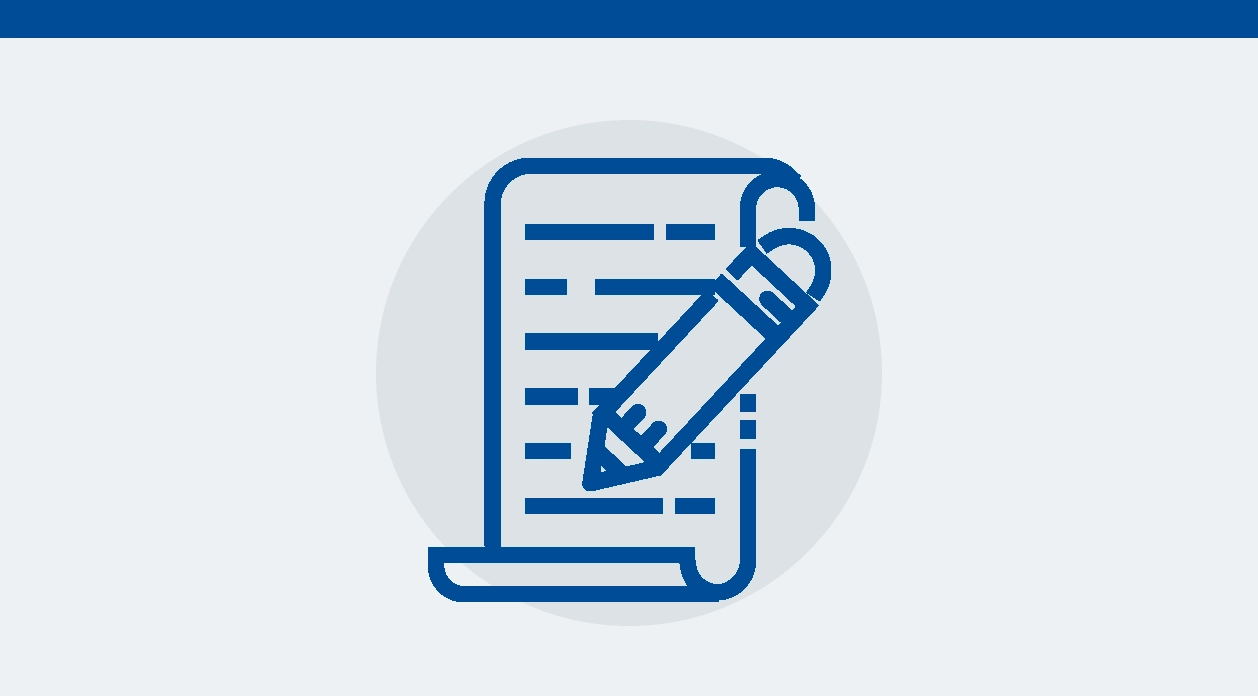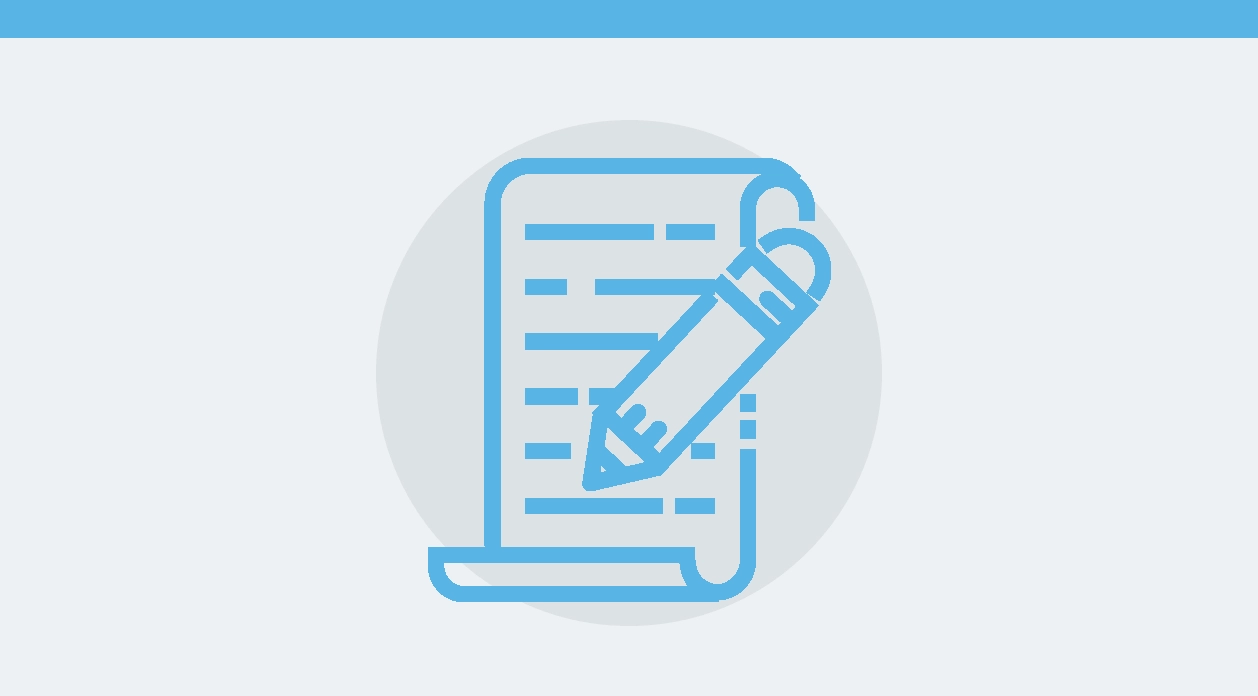We welcome David Yarkin, President of Government Sourcing Solutions, who authored this guest post. Mr. Yarkin is a recognized expert on strategic sourcing in the public sector. As Deputy Secretary for Procurement of the Pennsylvania Department of General Services, he led what has been called “the most sweeping transformation of state procurement in decades.”
This blog post originally appeared on March 20, 2014.
In recent years, cooperative purchasing has rapidly gained adoption as a go-to procurement method for state and local governments and educational institutions. For the uninitiated, cooperative purchasing is a process where one public sector organization can leverage a contract that has been competitively procured by another. While every state has laws that govern the ability of its jurisdictions to participate in cooperatives, the process has been endorsed by the American Bar Association, the National Association of State Procurement Officials, the National Institute of Governmental Purchasing and many other public procurement groups. It is a widely accepted best practice in the industry.
It is no coincidence that usage of cooperatives has taken off in the last five years. One of the greatest benefits of cooperative purchasing is the tremendous time savings for procurement organizations. Rather than spending the months, or in the case of a very complex contract, years, researching a category, developing a solicitation, evaluating responses and negotiating terms and conditions, a government simply signs a document called a participating addendum and executes a contract. The process can take mere weeks and in many cases, very few staff resources, aside from an attorney’s time reviewing Ts and Cs.
Those staff resource savings are at a premium in today’s procurement departments. When the Great Recession of the late 2000s arrived, most government executives responded with swift and severe personnel cuts. Procurement took it on the chin with dramatic workforce reductions. While the national economy has rebounded and government budgets have stabilized, staffing in procurement offices has not returned to their pre-Recession levels. The work of a procurement department did not go away, however. So to meet those requirements, procurement officers have increasingly turned to cooperative purchasing to help them put contracts in place without all the work typically associated with the procurement process.
The second major benefit of cooperative purchasing is its ability to deliver deep subject matter expertise on a topic that may have some complexity associated with it. Compounding the procurement director’s problems of headcount reductions has been a mass exodus of institutional knowledge as more experienced staff retire. When a senior buyer who has been buying a commodity or service for years walked out the door, the department’s expertise in that category often walked out with her and could not easily be replaced. Again, cooperative purchasing came to the rescue. Very often, the government that establishes a cooperative purchasing agreement has that deep domain expertise. The contract that they establish is informed by their appreciation of the needs of customer agencies, understanding of the capabilities of the suppliers in the market and familiarity with the category’s specific terms and conditions. In piggybacking on such a contract, the piggybacking entity is able to leverage that expertise which it likely does not have inside its four walls.
In the early history of cooperative purchasing, it was chiefly utilized for the purchase of goods. Eventually, it spread to common services that are needed by virtually every government, including the repair and renovation of public facilities. The ezIQC contracts bring the power of Job Order Contracting to state and local governments and educational institutions. They allow these organizations to put JOC contracts in place in very little time with few procurement staff resources needed.





